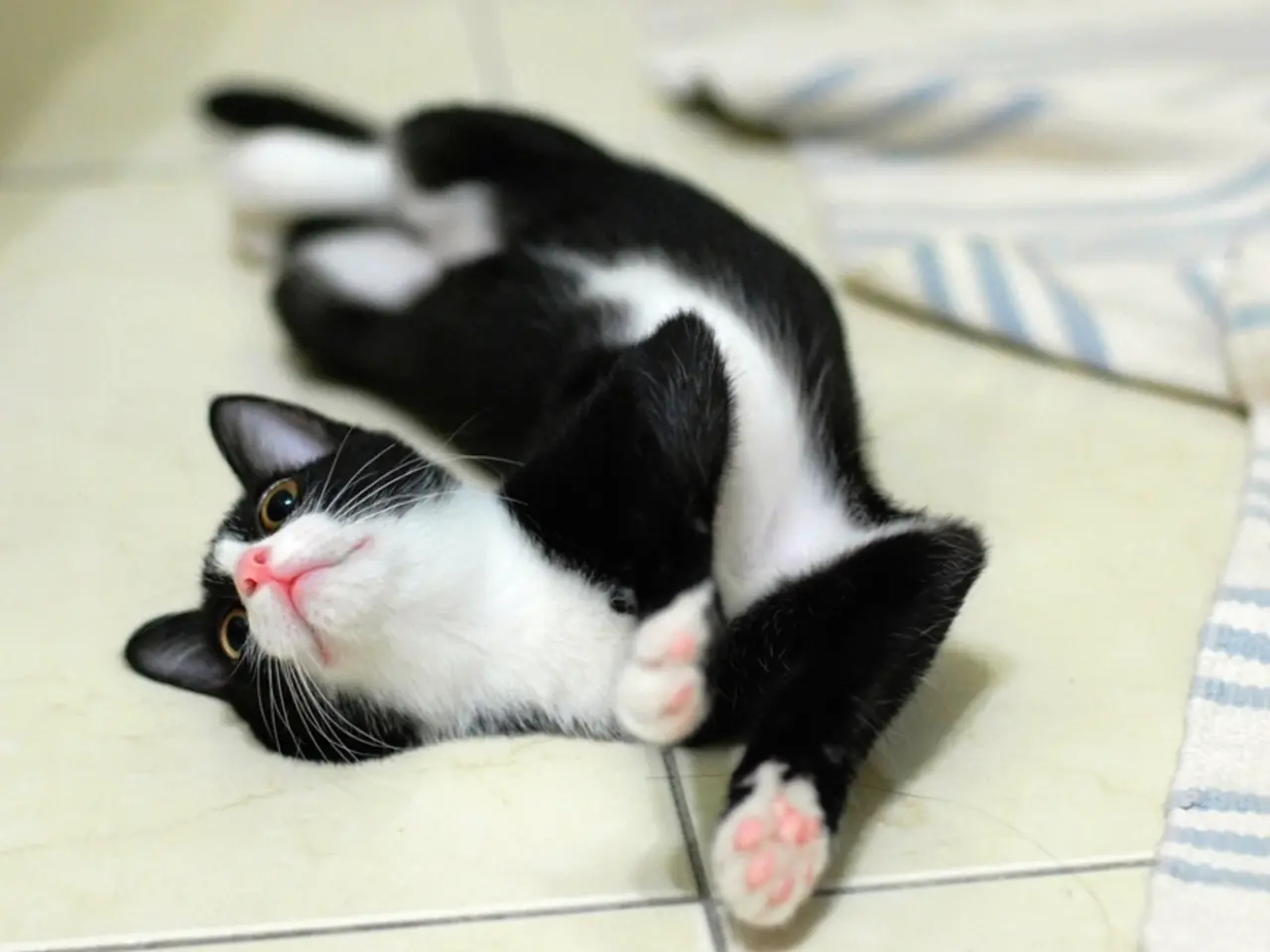Understanding Prazosin: A Common Feline Medication
Treatment of Cats with Prazosin: A Veterinary Review
Prazosin is a medication commonly used in cats for two primary purposes: as an alpha-blocker to manage hypertension and as a muscle relaxant to alleviate symptoms associated with certain conditions.
Hypertension Management
Prazosin functions as an antihypertensive agent in cats. It works by relaxing the smooth muscles in blood vessels, which helps to lower blood pressure [2].
Role in Managing Urethral Obstructions
In the context of urethral obstructions, prazosin's role is more about symptom relief rather than resolving the obstruction itself. It helps by reducing muscle spasms and potentially increasing urine flow, which can provide temporary relief from discomfort. However, it is crucial to address the underlying cause of the obstruction, often requiring additional treatments such as catheterization or surgical intervention.
Safe Use and Storage
Prazosin should be used with caution when combined with other medications that can decrease blood pressure, such as benazepril. The dosage and frequency of administration may vary depending on your cat's particular situation and the dosage amount prescribed by your veterinarian. Generally, it may be given 2 or 3 times per day [1].
Tablets and capsules of prazosin should be stored at room temperature away from direct sunlight. Liquid and compounded forms, however, should be stored according to labeled instructions, which may require refrigeration [1]. All medications should be stored in their original container out of reach of children and pets.
If your cat misses a dose of prazosin, skip that dose and give the next dose at the appropriate time. If you notice any undesired changes in your cat while taking prazosin, contact your veterinarian immediately.
Cost and Side Effects
Generic capsules or tablets of prazosin generally cost $15-$25 for a 2-week supply. Brand name formulations, however, are usually much more expensive, in the range of $150 for a similar 2-week supply [1].
Some cats may exhibit unusual behaviour, such as becoming hyperactive, while taking prazosin. Mild side effects of prazosin in cats vary because every animal tolerates the medicine differently [1].
It is essential not to stop using prazosin without consulting with your cat's veterinarian, as stopping the medication abruptly could lead to complications.
[1] Source: Various veterinary resources and pet owner discussions. [2] Source: Merck Veterinary Manual. [3] Source: Cornell Feline Health Center.
- In the realms of health-and-wellness and science, understanding prazosin's role as a potential treatment for feline hypertension and urethral obstructions is crucial for effective cat care.
- Prazosin, often used as an antihypertensive agent in cats, helps manage hypertension by relaxing smooth muscles in blood vessels, thus lowering blood pressure, indicating its connection to the scientific understanding of health-and-wellness.




